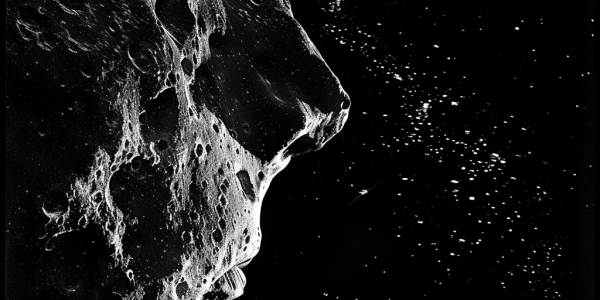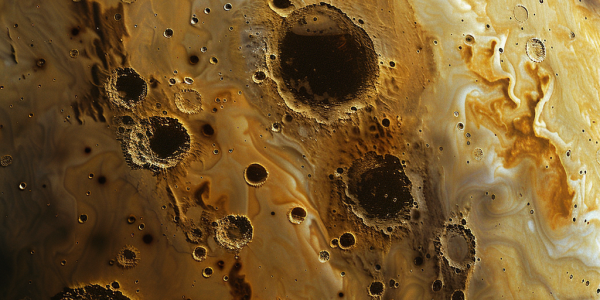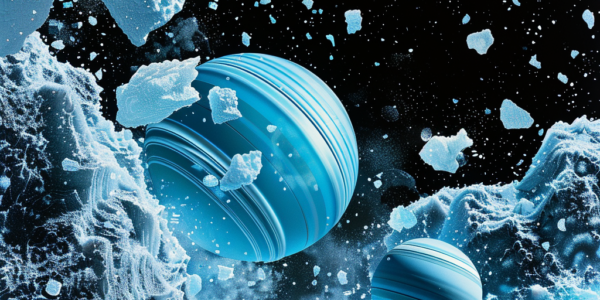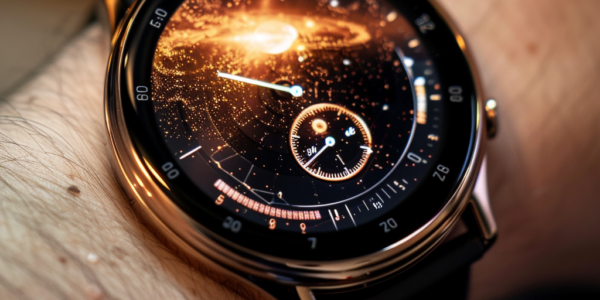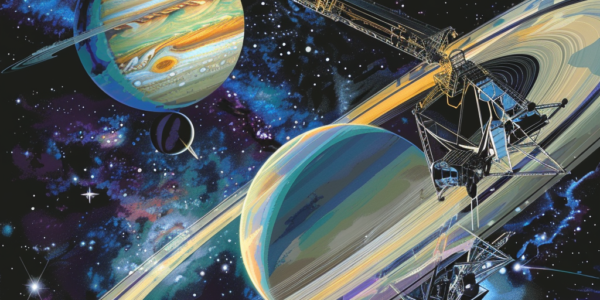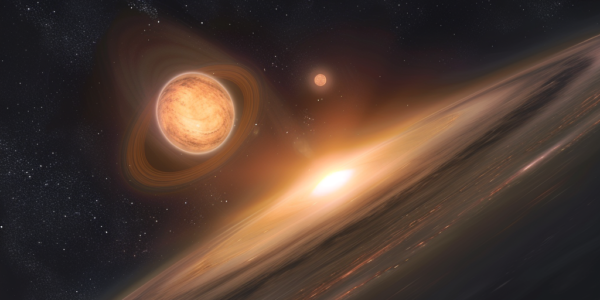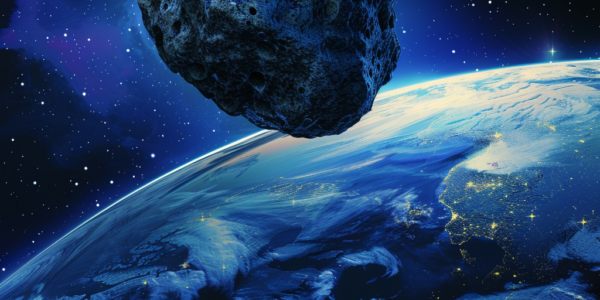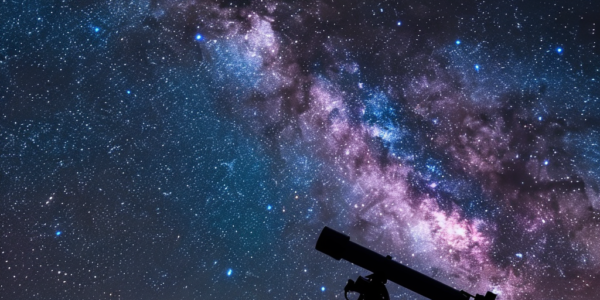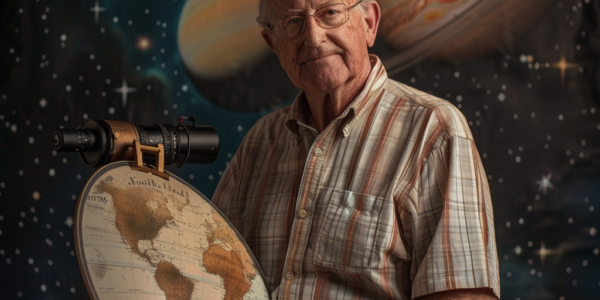Massive 280-Foot Asteroid Set to Make Close Approach to Earth Tomorrow
NASA reports that a massive 280-foot asteroid named Asteroid 2024 GM is set to make a close approach to Earth tomorrow, April 21. Despite its size, there is no cause for concern as it will come within about 4,450,000 miles of Earth before retreating back into the depths of the solar system. Learn more about how space agencies like NASA actively monitor celestial bodies to ensure they do not pose a threat to Earth.
NASA’s Juno Captures Mesmerizing View of Volcanoes Erupting on Jupiter’s Moon Io
NASA’s Juno spacecraft captures mesmerizing images of volcanoes erupting on Jupiter’s moon Io, showcasing the dynamic landscape shaped by gravitational interactions. The stunning detail of Io’s surface reveals a network of active volcanoes and hot spots, providing scientists with valuable insights into the moon’s geology. Enhanced images highlight the beauty of Io’s volcanic wonderland, offering a glimpse into the complex interplay of forces within the Jupiter system.
Study Suggests Composition of Uranus and Neptune May Not Be as Previously Believed
A recent study suggests that Uranus and Neptune may contain significant amounts of frozen methane, challenging previous beliefs about their composition. The findings could shed light on the formation of these mysterious icy worlds, which have been relatively unexplored since Voyager 2’s visit in the 1980s. The study proposes that the ice giants may have formed from carbon-rich planetesimals, potentially reconciling the discrepancy between their assumed composition and the nature of the objects they accumulated. Further exploration is needed to confirm these findings and unravel the mysteries of these enigmatic ice giants.
Rainbow-like ‘glory effect’ detected on planet outside our Solar System
Potential signs of the rainbow-like ‘glory effect’ have been detected on a planet outside our Solar System for the first time. Data from ESA’s sensitive Characterising ExOplanet Satellite, Cheops, along with other missions, suggest this phenomenon is beaming from ultra-hot gas giant WASP-76b, 637 light-years away. If confirmed, this first extrasolar glory will reveal more about the nature of this puzzling exoplanet, with exciting lessons for how to better understand strange, distant worlds.
ESA and Samsung Partner to Launch Galaxy Time Watch Face for Exploring the Solar System
ESA has partnered with Samsung to introduce the Galaxy Time, a new watch face that allows users to tell time on any of the neighboring planets in our Solar System. The launch of Galaxy Time coincides with the switch to summertime in Europe on 31 March 2024, offering an innovative way for users to engage with space and time. Developed in collaboration with ESA, the Galaxy Time watch face provides wearers with a range of out-of-this-world features, including the ability to view the exact positions and distances of neighboring planets in real-time. Users can select a dial for any of the planets in the Solar System, with each dial displaying local time, number of moons, and seasonal weather information. Mario Winter, Vice President Marketing Samsung Electronics Germany, expressed excitement about the collaboration, stating, “Together with ESA, one of the largest players in space travel, we have developed a watch face that offers Samsung Galaxy users a new and unique way to explore our Solar System.” To ensure accuracy, Samsung worked closely with ESA experts to incorporate real-time data and calculate time on planets with different day lengths compared to Earth. The Galaxy Time watch face will be available from 31 March 2024 in Germany, catering to space enthusiasts who are eager to embrace a more direct connection with space.
Astronomer to Use James Webb Telescope to Study Saturn’s Northern Lights
University of Reading astronomer Dr. James O’Donoghue is set to use the James Webb Telescope to study Saturn’s northern lights, with plans to also observe Uranus. The research aims to unravel the mysteries behind the planets’ auroras and potentially provide insights into their rotation periods. The project, selected from a pool of 1,931 submissions, holds the promise of unveiling groundbreaking insights into the celestial phenomena of Saturn and Uranus.
New Study Suggests Planetary Engulfment May Be Common in the Cosmos
A new study published in Nature suggests that planetary engulfment may be a common occurrence in the cosmos. An international team of scientists examined pairs of closely spaced co-natal stars—stars born at the same time from the same dust and gas mixture. While these stars should initially have similar compositions, the researchers found that 8 percent of the twin pairs exhibited one star emitting elements typically found on planets. This insight offers a potential method to enhance exoplanet detection efficiency.
NASA’s Billion-Dollar Mission to Stop Potentially Devastating Asteroid
NASA paid a man $1 billion to prevent the potentially devastating asteroid Bennu from hitting Earth. The mission involved sending a spacecraft to retrieve a sample from the asteroid’s surface, providing valuable insights into potential disaster preparedness. The catastrophic impact of Bennu crashing into Earth would result in devastating consequences, highlighting the importance of ongoing research and initiatives in planetary defense.
Rare Active Asteroids Challenge Solar System Theories
Rare asteroids showing unusual active properties challenge existing theories about the solar system. The Active Asteroids project, led by University of Washington scientist Colin Orion Chandler, has discovered 15 of these rare asteroids with the help of over 8000 volunteers. These active asteroids possess traits that blur the lines between asteroids and other celestial objects, presenting new opportunities for insights into solar system evolution, planet formation, and the origins of water on Earth.
Quincy Astronomy Club to Host Zoom Lecture ‘How Big is Our Solar System’
Join the Quincy Astronomy Club for a live Zoom lecture on the vast region beyond Neptune and the implications for interstellar interactions. Dr. Fred Bruhweiler, a renowned astrophysicist, will be the speaker for the event. Contact Susan Asher for further details.

